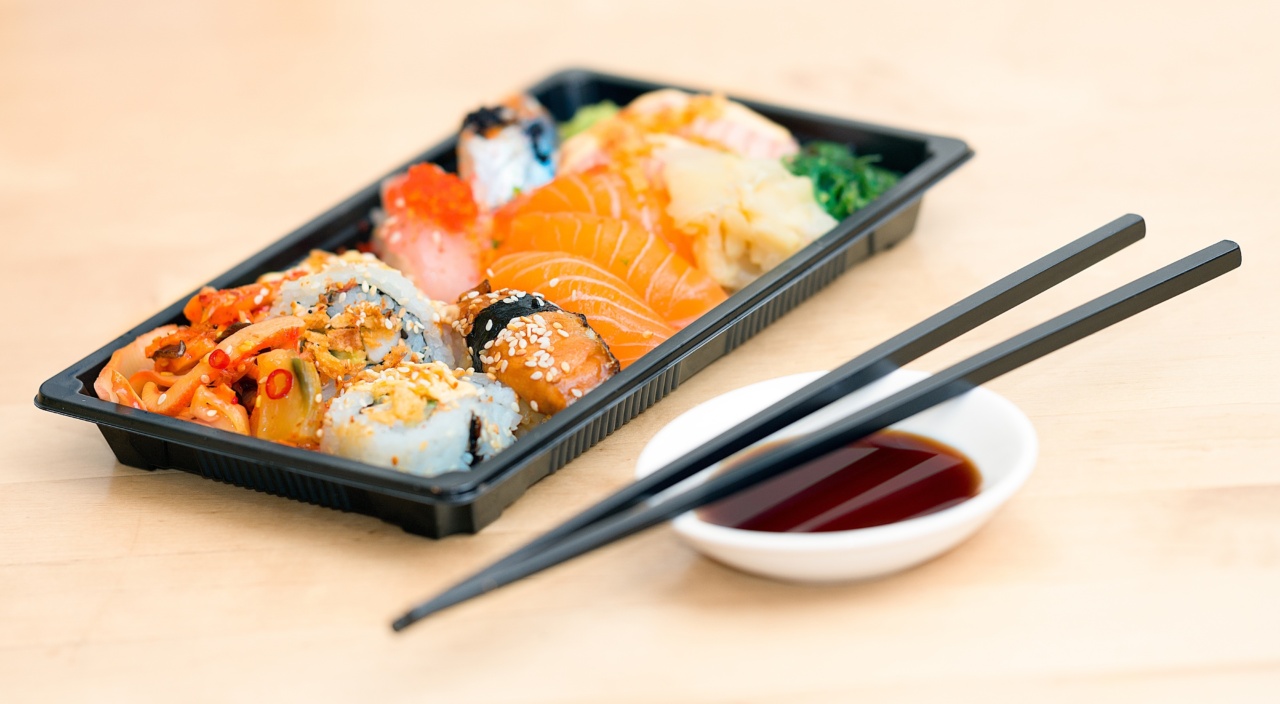Babies start to explore different foods around the age of six months. As a parent, it is essential to consider a baby’s diet and ensure that it is nutritious and safe.
Fish and seafood are popular types of food but are they safe for babies? This article will provide the ultimate guide to help parents make an informed decision.
When Can Babies Start Eating Fish and Seafood?
Babies can start eating fish and seafood from six months. The American Academy of Pediatrics (AAP) recommends that parents introduce seafood to babies at the age of six months as part of a well-balanced diet.
However, introducing seafood before six months could increase the risk of allergy and other adverse reactions.
What Types of Fish and Seafood are Safe for Babies?
Some types of fish and seafood are safer for babies than others, and it is important to choose the right types. The AAP recommends that parents introduce fish that are low in mercury and easy to digest, such as:.
- Cod
- Tilapia
- Sole
- Salmon
- Trout
Parents should avoid giving babies fish that are high in mercury, shark, swordfish, king mackerel, and tilefish, as they could be harmful to the baby’s developing brain and nervous system.
How Should You Cook Fish and Seafood for Babies?
When it comes to cooking fish and seafood for babies, it is crucial to cook it well to eliminate any bacteria that could cause food poisoning. Fish or seafood should never be served raw or undercooked, particularly for babies.
Baking, steaming, or boiling are preferable cooking methods for fish and seafood for babies. Parents should also avoid seasoning fish or seafood with salt or any other seasoning, as it could be harmful to the baby’s health.
Are There Any Allergy Concerns for Babies Eating Fish and Seafood?
There is a risk of an allergic reaction when babies eat fish and seafood, and parents should be aware of this. If there is a history of food allergies in the family, parents should consult a pediatrician before introducing fish or seafood.
If the baby shows symptoms of an allergic reaction, such as hives, swelling, difficulty breathing, or vomiting, parents should stop giving the baby fish or seafood and seek medical attention immediately.
What are the Health Benefits of Babies Eating Fish and Seafood?
Fish and seafood contain essential nutrients that are vital for a baby’s growth and development. These nutrients include protein, omega-3 fatty acids, iron, and zinc.
Omega-3 fatty acids, in particular, are essential for brain and eye development in babies. Regular intake of omega-3 fatty acids could also reduce the risk of respiratory allergies, asthma, and eczema.
What are the Potential Risks of Babies Eating Fish and Seafood?
While fish and seafood are nutritious, they could also pose some potential risks to babies. For example, fish and seafood could be contaminated with mercury, which is harmful to the developing brain and nervous system.
Fish and seafood could also cause a choking hazard, particularly if not cooked and cut appropriately.
How Much Fish and Seafood Should Babies Eat?
Babies should eat fish or seafood two or three times a week as part of a balanced diet. The serving size should be 1-2 oz for babies between six and 12 months and 2-3 oz for babies over 12 months.
Conclusion
Fish and seafood are an excellent source of nutrients for babies, but it is essential to choose the right types and cook them appropriately to avoid any potential risks.
Parents should also be aware of any allergy concerns and seek medical attention immediately if their baby shows any allergic reactions. By following these guidelines, parents can confidently add fish and seafood to their baby’s diet to promote healthy growth and development.






























